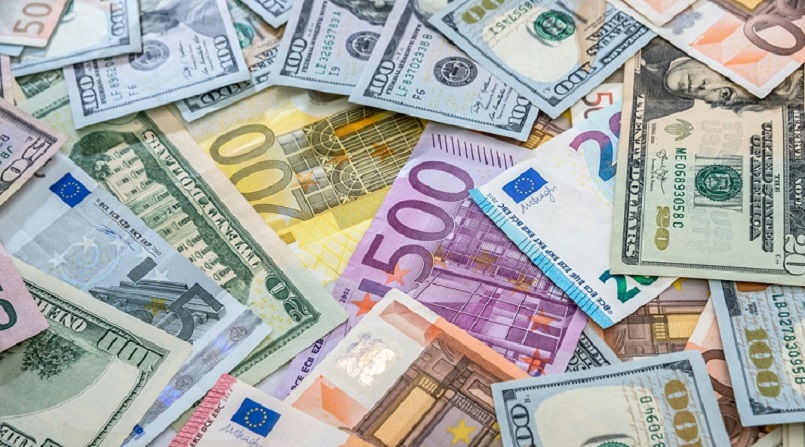
Lack of foreign exchange over the past two years has affected not only businesses that import goods and services for local sale, but also most other businesses.
Institute of National Affairs Director (INA), Paul Barker, said even exporters at some point need to replace equipment and pay for service provided from overseas, or wish to invest further for the future development of their business.
As highlighted in the 2017 INA Private Sector Survey, shortage of foreign exchange is now considered the most serious impediment to business and investment in PNG.
The report stated that the issue surpassed the long established and more pervasive problems of corruption and other law and order issues, poor infrastructure (notably transport, power etc), inconsistent policies and lack of available skills.
However, unlike many of the other constraints, Barker said it could be relatively quickly addressed given appropriate actions and messages.
Barker says while business and individuals perceived that the kina is significantly over-valued, it discourages funds being brought onshore.
“It’s the return to the greater certainty and without undue delay that is needed in the foreign exchange markets.
“Clearly, in the process the Central Bank and wider population wants to avoid generating undue further inflationary pressures, especially with inflation creeping up in the recent years, and with inflationary measures included in the 2018 Budget, notably with the marked increase in diesel excise and minor to more major duty increases on a wider range of imported food and other items.
“It is an ironic situation, as PNG has a very positive trade surplus, where exports of goods and services, which you might expect to result in a buildup in foreign exchange inflows and reserves and an upward pressure on the kina.”
However, Barker said that’s not the case, because there remains a major deficit on the capital and financial account, including investment by PNG individuals and businesses overseas.
“It should also be noted that, although exports growth has been strong in recent years, imports are restrained particularly by the restrictions of foreign exchange, so there is in fact a backlog of payments due, for goods and services, but also for other outgoing business and personal remittances, such as company dividends, estimated at some K3 billion.
“There may also be major potential inflows of funds and investment pending, but this is partly dependent on greater certainty in the foreign exchange market.”
Meanwhile, Treasurer, Charles Abel said the Government is looking into this issues and will rectify the problem soon.
